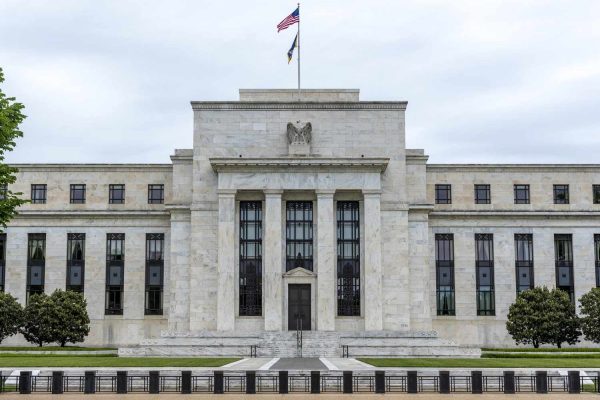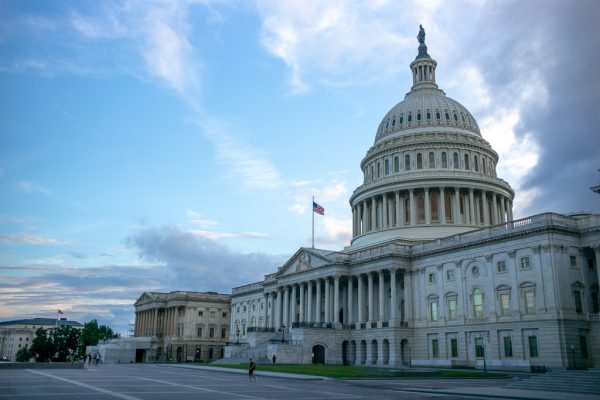Letter to Regulators: Silicon Valley Bank Failure Demonstrates the Need to Implement Key Executive Pay Rule, Dodd-Frank Section 956
AFREF, the Institute for Policy Studies, Global Economy Project, and Public Citizen led a letter with 22 additional signatories to the agencies tasked with implementing section 956 of Dodd-Frank. That section tasked six agencies with promulgating regulations to prevent incentive-based executive compensation that encourages “inappropriate risk” by May 2011. Almost 12 years later, we don’t have a final rule. The letter was sent to regulators ahead of congressional hearings that will examine recent bank failures.









